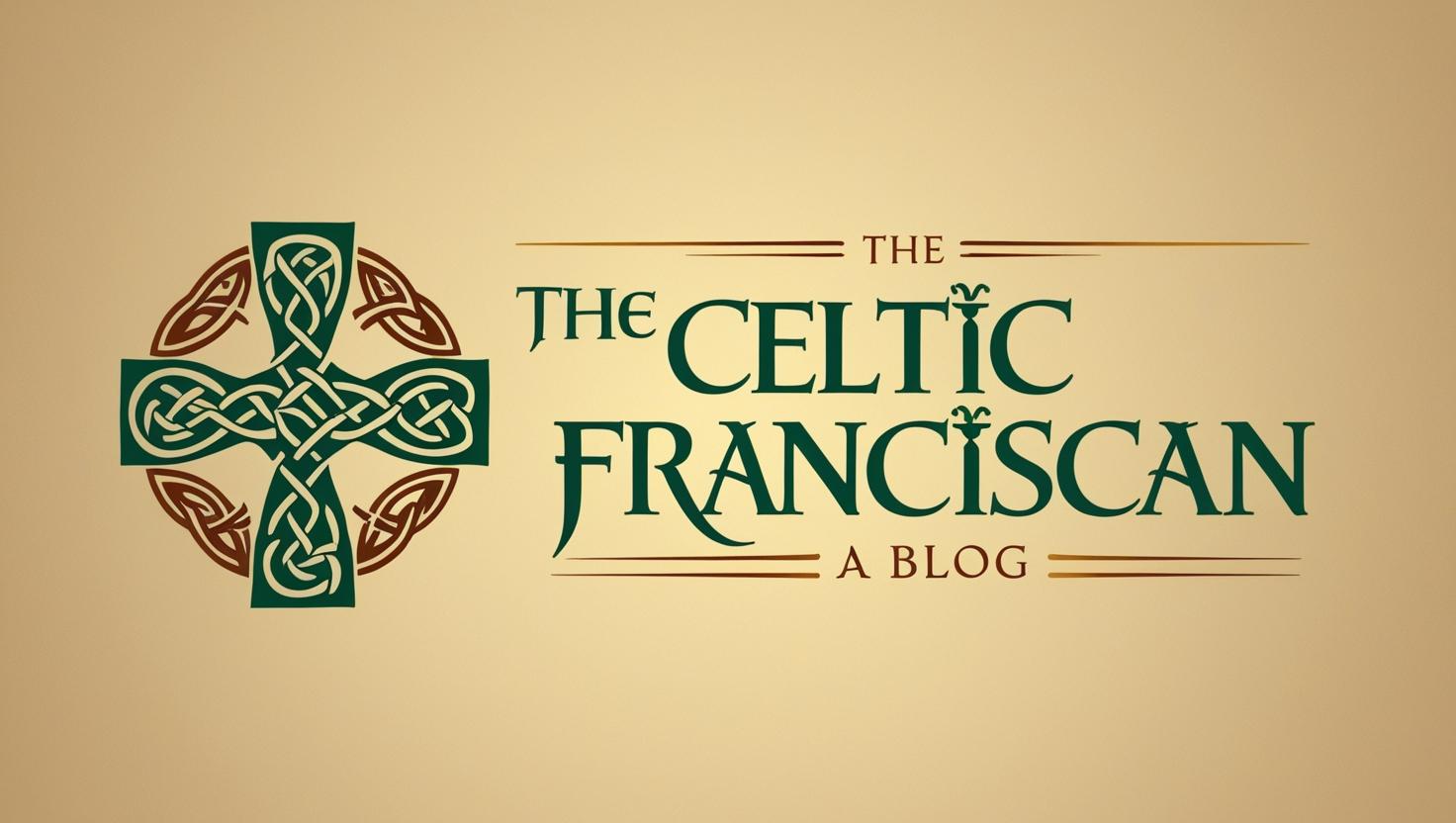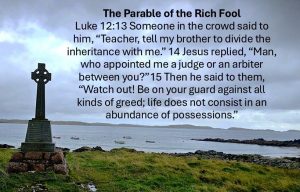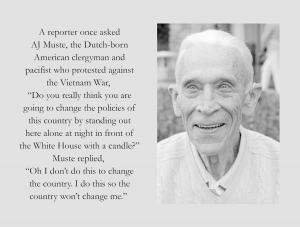Try experiencing God – Christian Mysticism 101 for Protestants
I’m not here to talk about the problems of the world we all live and love in, but to share a little of what I’ve learned over the last decade of formation and transformation. I’d like to talk about being, not doing. I’d like to share a little about the practices that’ve helped me survive and find wonder in reality. Perhaps some insights about understanding and navigating consciousness, the ineffable and our univocal beings from sacred now to sacred now. St. Bonaventure coined the term contuition which means to see things are they truly are, or the practice of seeing the divine in and through all things.
I’m talking about “Experiencing God”, not “knowing about” God. As a Protestant I had no knowledge of what our Catholic brothers and sisters had long since discovered but we left behind with Luther: Christian Mysticism. The evangelical and protestant world appears to be awakening to experience, transformation and mysticism following trails cut by the likes of Dallas Willard decades ago.
Advisory: These are deep waters and best not undertaken alone. An Anam Cara (soul friend), or spiritual director should be a fellow traveler on this journey if you choose to enter the cave. As Thomas Merton said, “There’s nothing more dangerous than an untethered mystic”.
Christian mysticism is a tradition of practices and theology that involves seeking a direct experience of God’s presence. It’s an ancient practice that includes meditation, contemplation, worship, and philosophy. A Christian mystic is a person who practices Christian mysticism, a tradition of theology and practices that involve experiencing God’s presence. Christian mysticism is an ancient practice that includes meditation, contemplation, and worship.
Webster says that mystic is a person who practices mysticism, or a reference to a mystery, mystic craft, first hand-experience or the occult. Occult meaning hidden.
The progression of Chistian Mysticism seems to be generally accepted as:
- Purgation
- Transformation
- Union
Chrisian Mysticism is all about the experience of God’s presence, through practice. As Franciscan philosopher Duns Scotus would say, “Your practice has to align with your haecceity (unique divine thisness)”. A spiral staircase of emptying or “dying to” your false-self, ego while receiving Grace to fill the space left. This is the process of theosis or divinization. You can’t make it happen. It’s a receiving and becoming.
There are 2 different types of mystics. The Nature Mystic and the Guide/Person mystic
The Nature Mystic – The nature mystic focuses on grace, has an intense experience of unification with nature or God through nature. Nature mysticism was very popular with Romantic writers.
The Guide / Person Mystic – The guide mystic focuses on becoming more like God(theosis, deification or divinization). Involves a process of spiritual transformation that leads to a mystical union with God. This is a central concept in Orthodox theology. This concept is supported by scripture in:
2 Corinthians 3:17–18 says that “we all, with unveiled face, beholding the glory of the Lord, are being transformed into the same image from one degree of glory to another.”
Romans 12:2 Don’t copy the behavior and customs of this world, but let God transform you into a new person by changing the way you think. Then you will learn to know God’s will for you, which is good and pleasing and perfect.
I’ve chosen to follow the example of St. Francics of Assisi in my contemplation and action practices. St. Francis was an intuitive and spontaneous mystic, one caught up into the glory and greatness of the incarnation and the Imago Dei in all of creation. He was always seeking the giver not the gift. In my study of Franciscanism I’ve found it to be neither theoretical or practical but fully contemplative and affirmative.




